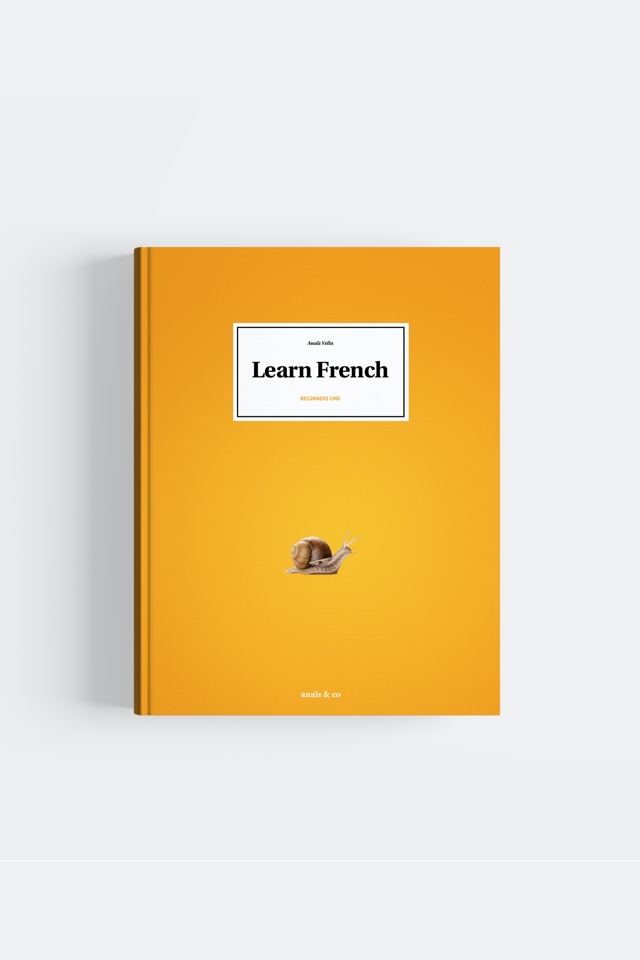

| French | English |
|---|---|
| Un bol | A bowl |
| Un cubitainer/un cubi | Boxed wine/a wine carton |
| Un mug | A mug |
| Un pichet | A jug |
| Un verre | A glass |
| Une bouteille | A bottle |
| Une cafetière | A coffee maker |
| Une canette | A can |
| Une carafe | A carafe |
| Une tasse | A cup |
| Une théière | A teapot |
The nouns in this list can be followed by “de” or by “d” in front of a vowel or an “h” and then followed by the drink (liquid) they contain. “De” and “d’” will replace the articles that is usually placed in front of the noun.
For example:
Une bouteille d’eau → A bottle of water.
Une tasse de thé → A cup of tea.
“Une carafe” usually contains tap water. However, it can also contain milk or juice, therefore it needs to be followed by the liquid it contains.
For example:
Une carafe d’eau → A carafe of water.
“Une canette” only contains drinks.
For example:
Une canette de coca → A can of coke.
“Une théière” can only be followed by “de” if you mention the type of tea.
For example:
Une théière de thé vert → A teapot of green tea.
“Une cafetière” can only contain coffee, so “de” is not used.
“Un pichet” and “un cubi” only contains wine. At the restaurant, if you ask for “un pichet,” you’ll usually get the “house” wine or cheap wine. As wine has three colours, it is important to use “de” after to word “pichet” or “cubi” to precise the wine we want. However, it is not necessary to add the word “vin” (wine) in the sentence. The colour is sufficient. Same if you order or buy a bottle of wine.
For example:
Un pichet de vin rouge → A jug of red wine.
Un pichet de rouge → A jug of red (wine.)
Un cubi de rosé → A carton of rosé (wine.)
Use “je voudrais” to order food and drinks. It means “I would like.”

More in the books
Werther you are learning by yourself, with Anais and Co or if you are a FLE teacher find this lesson and many more in a beautiful book.
Be notified when we upload a new video.